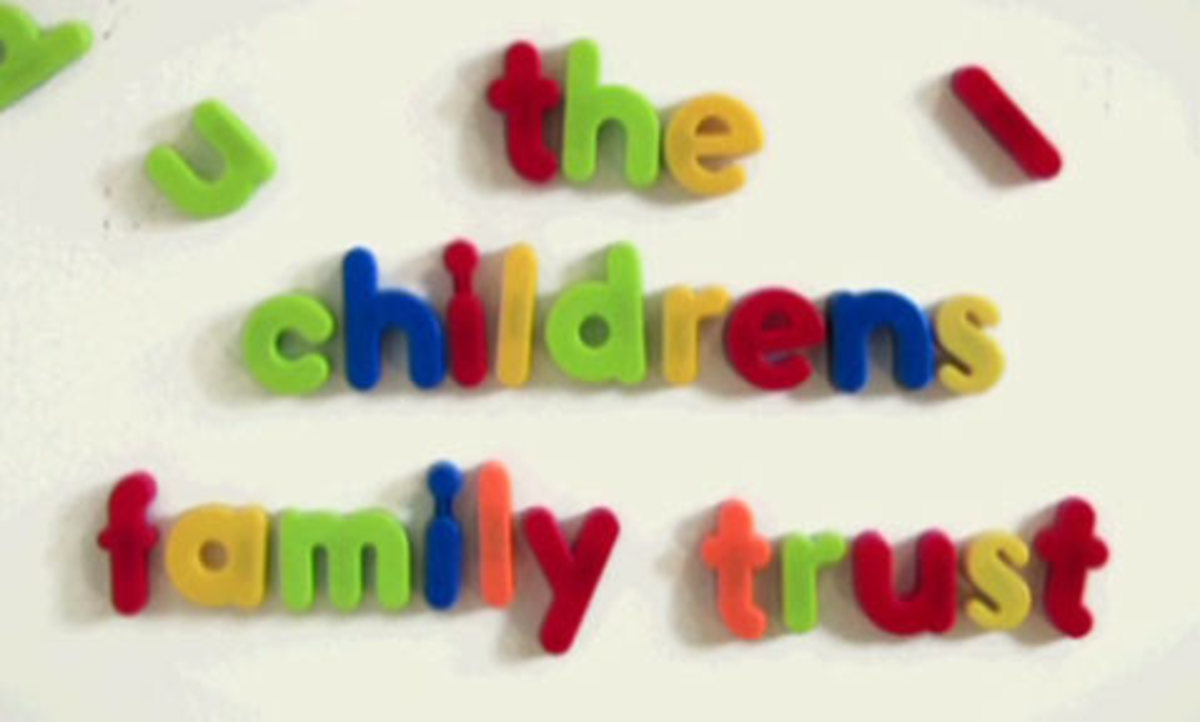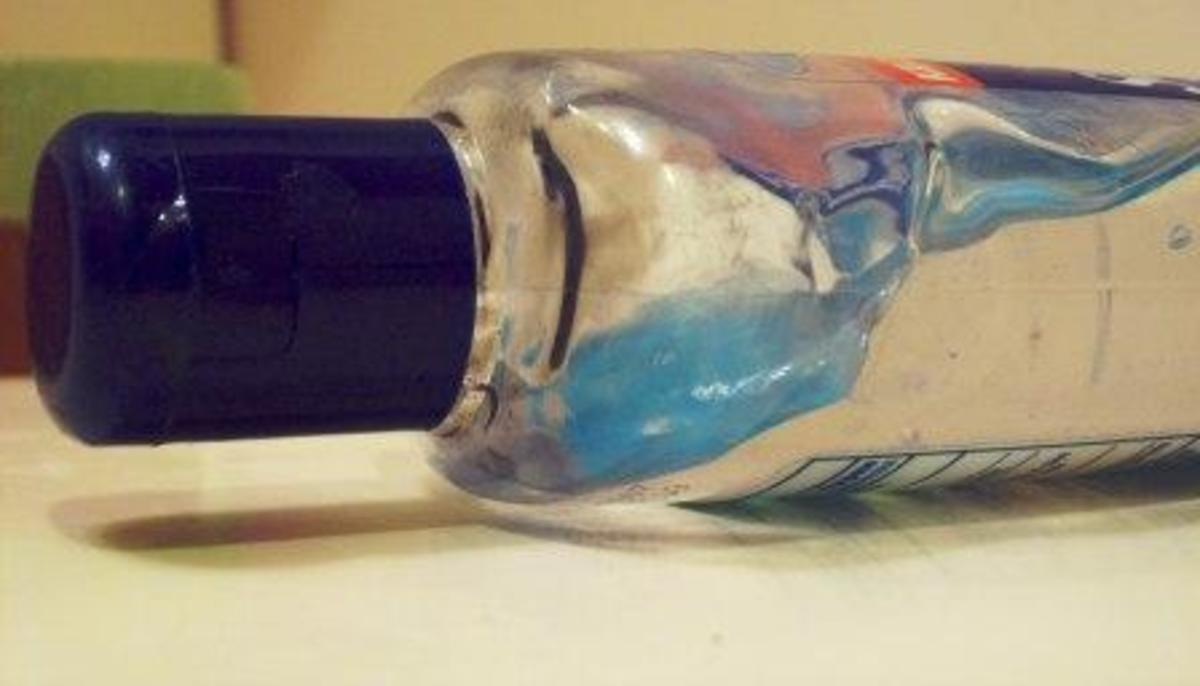Advance Directives: Take Charge of Your Health Care
Living Wills and Advance Decisions Only Count When They Are in Writing
Advance Directives Put You in Charge
Advance directives are legal documents that allow any competent person to determine ahead of time what medical treatment you want and don't want in the event you are too ill or injured to communicate with medical personnel. No one is mandated to complete advance directives, but many people decide to do so.
There are two basic types of advance directives: a Living Will and a Durable Power of Attorney for Health Care. You can complete one or the other, both, or neither--it's entirely up to you. Aliving will allows you to spell out what types of medical treatments you want or don't want should you be unable to communicate that in a end-of-life situation. A durable power of attorney for health care is a person to whom you give the power to make medical decisions on your behalf should you be unable to do so.
Some people find it empowering to be able to make their wishes known ahead of time, much the same as completing a traditional will that explains what to do after their death. The living will covers such things as respirators and ventilators, tube feedings, resuscitation if you stop breathing or your heart stops beating and organ donation. If you say yes to one, you can say no to any other; it is not an "all or nothing" type of document.
The people who care about you will be relieved of having to make decisions for you, should you complete an advance directive. Some families and friends do talk about such things and it would seem easy enough in such a situation for someone to tell the physician you did not want one or more life-saving measures. But that person is also someone who would be under emotional stress at the time due to your condition and may be reluctant to express your wishes, especially if you want nothing done to extend your life. Completing an advance directive removes a potential burden to your loved ones and assures that whatever you wanted will be the thing done or not done.
If you are unsure about completing the paperwork, have questions or concerns, or would simply feel more at ease with having guidance from a reliable and knowledgeable resource, look to an elder care attorney, or an elder care case manager -- usually a registered nurse or social service worker with experience in such areas.



What an Advance Directive for Health Care/Living Will Is Not
An advance directive, while a legal document, does not require an attorney. You may wish to speak with your attorney or a social service person, hospital patient advocate or your health care provider before completing an advance directive, but it is not necessary for you to do so.
An advance directive is NOT an avenue to euthanasia or a signal to health care providers to give less than adequate care to you. An advance directive only comes into play if you are unable to make your wishes known and are in a life-or-death or terminal situation as determined by at least two independent physicians who must document their findings on your medical status.
Insurance companies are forbidden to exclude you from insurance coverage due to the existence or non-existence of an advance directive.
Advance directives are not only for senior citizens, but for persons of any age that wish to take control of such decisions. No one likes to consider it, but traffic accidents, work accidents and some diseases put people of all ages into situations where an advance directive of one type or another might be useful.
Advance directives are not binding for life. You can change your mind at any time about anything in a living will or nullify the living will or durable power of attorney for health care. In any of these events, make sure to give new copies or destroy altogether copies given to health care providers, family members or anyone else.
What to do with an Advance Directive
If you've decided to complete as advance directive, be sure to follow the laws of your state as to whether your signature needs to be notarized or if witness signatures are necessary. In Oklahoma, for example, two witnesses are required for your signature, but they cannot be anyone who stands to gain from your will or from disbursement of your assets if you die intestate. Advance directives by state may be found here.
Make copies of the form and provide them to your health care provider, family members, attorney or anyone who would be contacted in the event something happened to you. Keep track of the people who have a copy, should you make changes or withdraw the advance directive altogether. That way you can ensure no erroneous copies will exist.
More Information on Advance Directives, Health Care Power of Attorney and Living Wills
- Advance Directives: What You Need to Know Now - Associated Content from Yahoo! - associatedcontent.c
Many people are quick to take advantage of options that give them more power over their lives. When it comes to advance directives, not everyone is eager to jump on the band wagon. - Learn The Need For Healthcare Advance Directives And Do Not Resuscitate (DNR) Orders
Do you or a loved one need a Healthcare Advance Directive or a DNR order? Do you know what that is? Learn what these medical legal forms are and why you or a loved one may need one.
What Happens if No Advance Directive is Available?
In general, health care personnel will first check to see if a living will has been completed. If not, then they will determine if a durable power of attorney for health care has been designated. If not, health care personnel will determine if the patient made any statements verbally or in writing to their knowledge about what type of medical treatment they would or wouldn't want.
Lacking such evidence, family and friends of the patient would be contacted to learn if they patient provided them with any such information. Lacking a consensus or definite direction, medical personnel would be required to provide any and all care as required by the patient condition, including ventilators, feeding tubes and the like. In the end, the court may be petitioned to name a guardian for the patient who can make medical decisions on his or her behalf.
Interestingly, as noted in research appearing in a 2011 "Annals of Family Medicine," family or friends who must make decisions about life-sustaining treatment in the absence of advance directives most often opt for the use of any and all available treatments to sustain the life of the injured or ill person. This is particularly true if the patient has not even informally talked to family or friends about what her wishes would be in such a situation.








